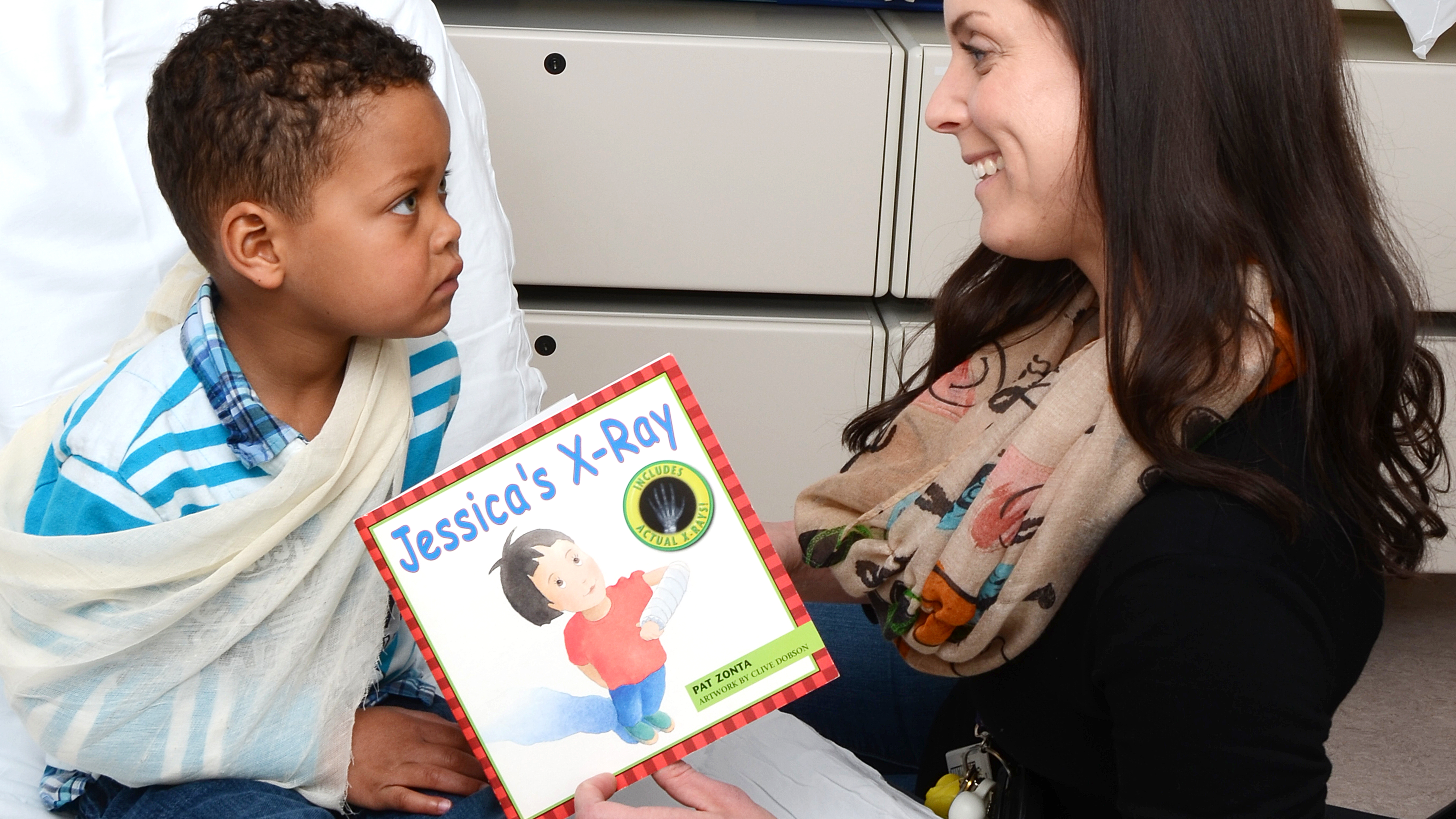The Navigator Program provides non-medical supports to help parents and caregivers caring for children with complex medical needs.
Eligibility
You must meet all the following criteria to get support from the Navigator Program:
- You must be a parent/caregiver of a medically complex child/teen (under the age of 18) receiving services from CHEO
- Your child/teen must have multiple medical issues and/or multiple specialty teams involved in care, and/or a chronic condition requiring ongoing, frequent or time-consuming medical interventions (including 24-hour management care)
- You must be a parent/caregiver seeking help/support in at least one of these areas:
- achieving employment or education goals
- improving knowledge and access to key supports
- expanding your social support network
- strengthening relationship health
- coping with stress
- creating self-care techniques
- finding accessible recreation
- connection to peer support
- managing day-to-day issues
Program goals
Our goals are to:
- promote the social and emotional health of families
- help families access and navigate key supports and services
- increase understanding of the best ways to support families
- find gaps in the system, and find solutions to the problems families often face
Types of navigators
The program has different types of navigation aids that support different services and needs you may have.
System navigator |
|
The system navigator connects you to the supports and services you need and ensures families have access to funding and services they qualify for, advocacy, counselling, visiting with families during admissions and in the community, and ensuring siblings have access to pro-social resources. |
Parent navigator |
|
Parent navigators are parents who bring their experiences and support, which includes:
|
Knowledge navigation |
|
Information gathering to develop more effective tools and strategies to support parents/caregivers. Through this process, we aim to:
|
Activities and groups
View the complete activity schedule.
Caring for the Caregiver is a support group focused on the trauma and chronic stress related to caring for a child with complex medical needs. Contact us for information on how to join.
Resources |
We have an inventory of resources for families including the following:
DocumentariesA day in extraordinary lives: Caring for children with complex medical needsTwo mothers talk about the everyday challenges of caring for a child with complex medical needs and how they live outside of normal.
Families with medically complex children face life-changing challenges that aren’t just medicalThe stories in this video show the strength and determination of these families, and why parents need support too.
|





